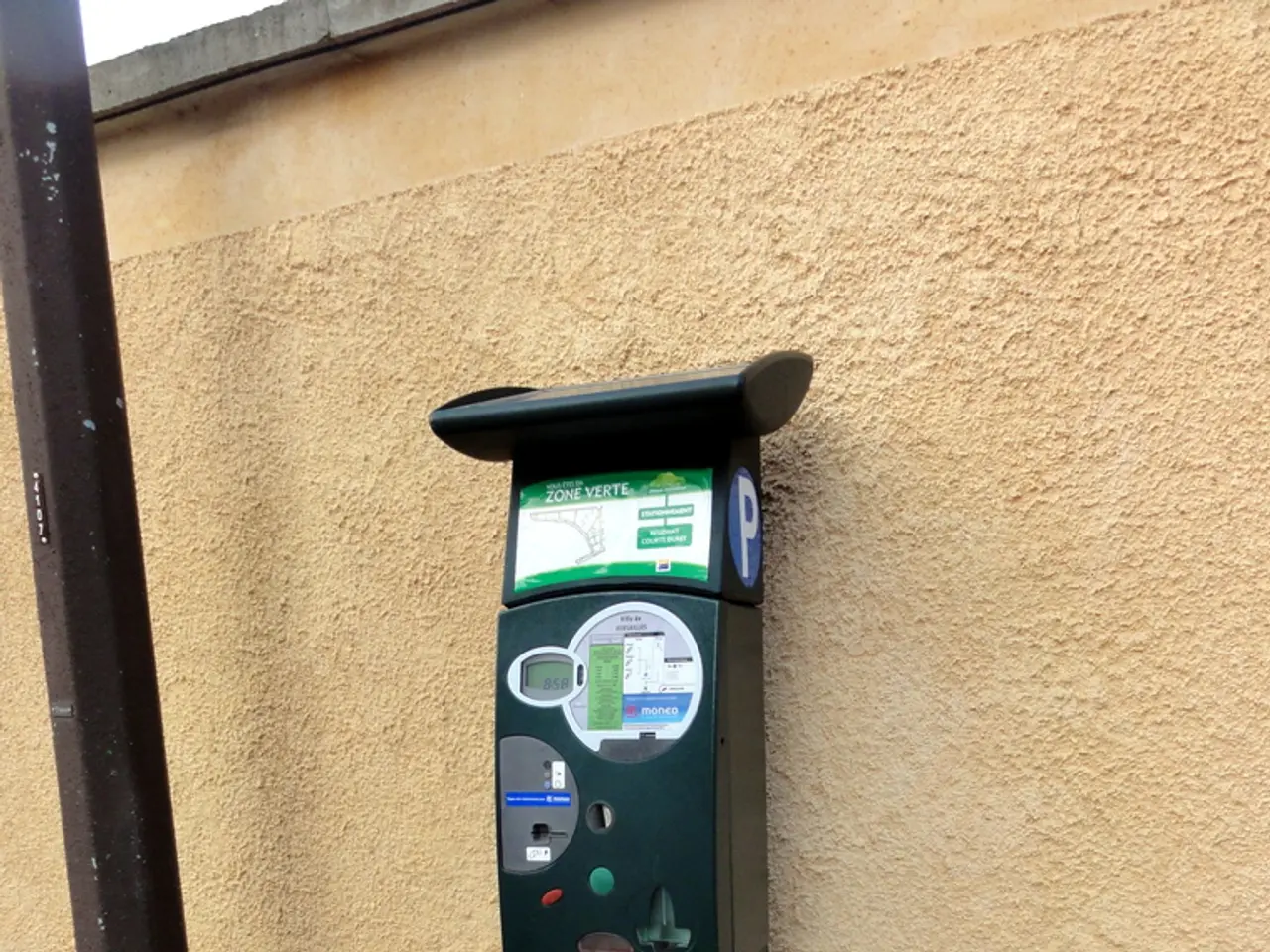JPMorgan Chase bleeds productivity due to allegedly fraudulent system breakdown
In a recent development, TikTok users are alleged to have taken advantage of a glitch in JPMorgan Chase's ATM system to deposit bad checks and immediately withdraw funds. The extent to which the glitch was exploited, including the number of customers and the dollar amount, remains unclear.
The Chase spokesperson declined to comment on any potential ramifications for those who attempted to take advantage of the now-fixed glitch. However, JPMorgan Chase has stated that depositing a fraudulent check and withdrawing funds is fraud. If customers took money out of the bank, they are required to return the money, according to Mark Guthner, an associate professor of financial practice at Rutgers University.
Check fraud has seen a significant surge since the COVID-19 pandemic, notably connected to fraudulent claims on pandemic relief programs. The Small Business Administration's inspector general estimated over $200 billion, or 17% of all disbursed funds through PPP and Economic Injury Disaster Loan programs, went to potentially fraudulent actors during the pandemic. Federal agencies have since recovered nearly $30 billion of those funds.
Artificial intelligence and synthetic identity fraud have been leveraged by criminals to create fake businesses and apply for loans fraudulently, exacerbating the problem during and after the pandemic. Phishing attacks and scams exploiting the pandemic have surged, contributing to broader fraud trends impacting identity theft and financial crime.
Despite the decline in check volumes processed over the past 30 years, check fraud has more than doubled since 2020. Check fraud has increased 385% nationwide since the COVID-19 pandemic, according to Treasury Department figures.
The use of checks has plummeted in recent years, yet incidents of check fraud continue to rise. The alleged scheme involved people waiting in line at a Chase location to withdraw money they'd deposited via fraudulent check on their banking apps.
It's worth noting that writing checks and cashing them out before the check is deemed fraudulent is not unique. Technology was not specifically mentioned as a factor in the glitch in Chase's ATM system.
In related news, a Michigan man was sentenced to more than eight years in prison for a check kiting scheme last year, while a California man received a sentence of more than six years in a separate check kiting case. The people who participated in the TikTok-led scheme could face criminal charges, potential jail time, and fines. However, the article does not provide information about any ongoing investigations or legal actions related to the glitch.
The ramifications for those who attempted to take advantage of the glitch were not discussed in the article. The Chase spokesperson did not comment on any measures the bank has taken to prevent similar glitches in the future. The alleged celebrations shown in another video involving wads of ill-gotten money serve as a stark reminder of the potential consequences of such actions.
Technology has been used by criminals to create fake businesses and apply for loans fraudulently, exacerbating the issue of check fraud during and after the COVID-19 pandemic. In the general-news related to a TikTok-led scheme, individuals deposited bad checks into JPMorgan Chase's banking system and withdrew funds using their technology, which could potentially lead to crime-and-justice consequences for those involved.




